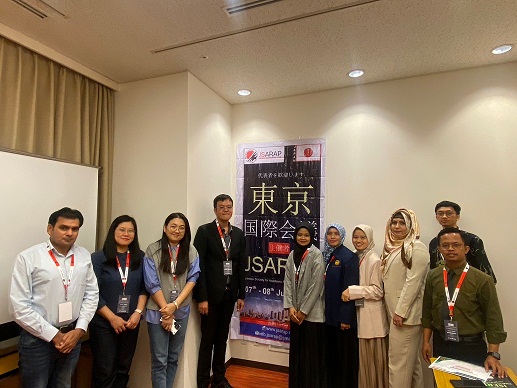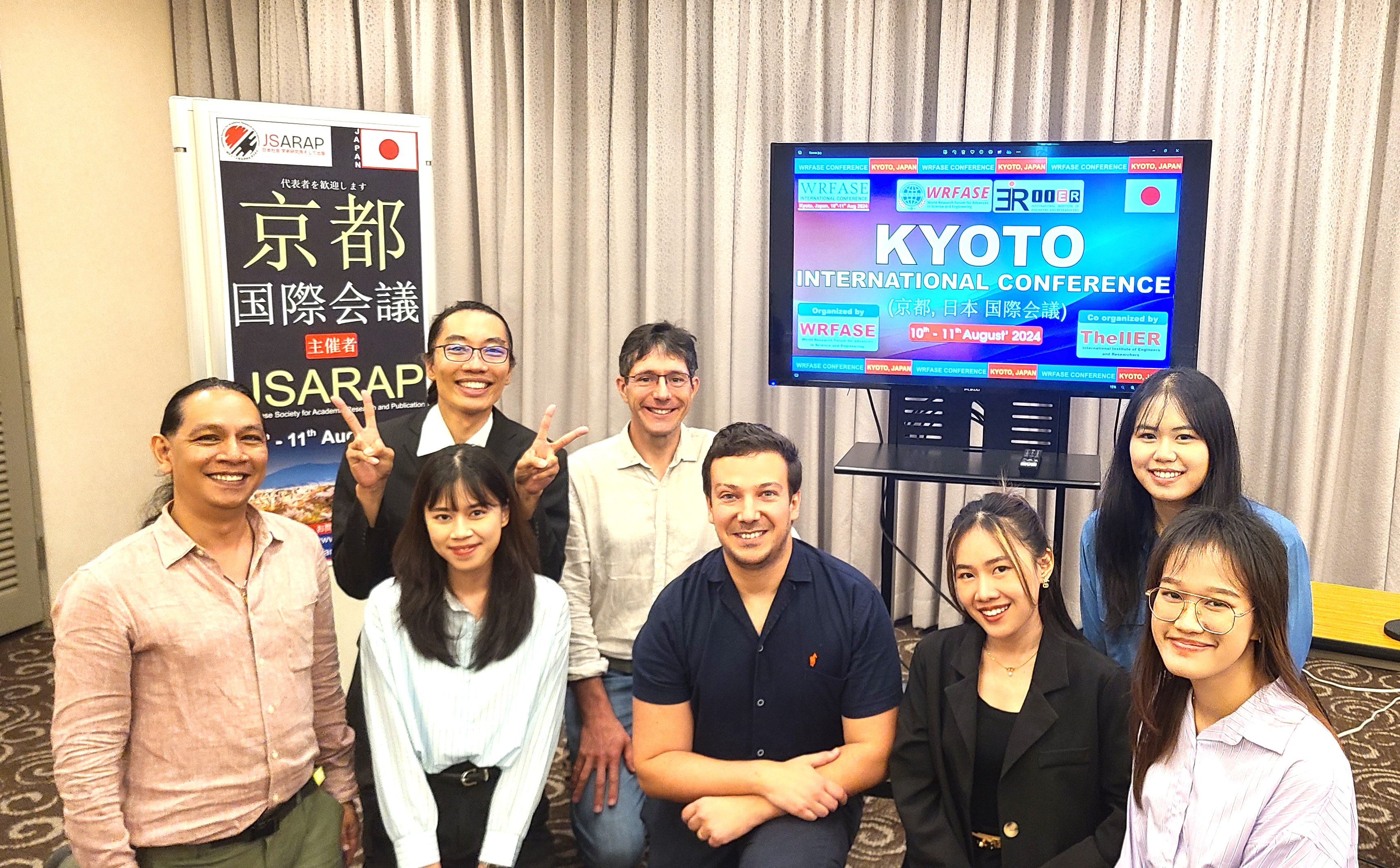Recent Update

JSARAP INTERNATIONAL CONFERENCE 8TH JUNE 2024 TOKYO, JAPAN

JSARAP INTERNATIONAL CONFERENCE 10TH AUG 2024 KYOTO, JAPAN

INTERNATIONAL CONFERENCE, KYOTO, JAPAN
Plagiarism
Plagiarism is the "wrongful appropriation" and "stealing and publication" of another author's "language, thoughts, ideas, or expressions" and the representation of them as one's own original work.
Plagiarism is considered academic dishonesty and a breach of journalistic ethics. It is subject to sanctions like penalties, suspension, and even expulsion. Recently, cases of 'extreme plagiarism' have been identified in academia. The modern concept of plagiarism as immoral and originality as an ideal emerged in Europe in the 18th century, particularly with the Romantic Movement.
Plagiarism is not in itself a crime, but can constitute copyright infringement. In academia and industry, it is a serious ethical offense. Plagiarism and copyright infringement overlap to a considerable extent, but they are not equivalent concepts, and many types of plagiarism do not constitute copyright infringement, which is defined by copyright law and may be adjudicated by courts. Plagiarism is not defined or punished by law, but rather by institutions (including professional associations, educational institutions, and commercial entities, such as publishing companies).
Steps to avoid this.
There is a lots of ways to avoid the Plagiarism
1. Check your content through plagiarism software.
2. Review you paper by the experts
3. Create the original Content.
Article Source: https://theresearchguides.blogspot.in/2017/04/what-is-plagarism-and-how-to-avoid-this.html
JSARAP does not allow any form of plagiarism. Plagiarism is considered to be a serious breach of scientific ethics by the entire scientific community. Incidents of plagiarism in a manuscript or published paper whether detected or reported, will be dealt seriously. We constantly support/advise and take suggestions from our Editors/Editorial Board/Reviewers on avoiding any malpractice of publication ethics.


